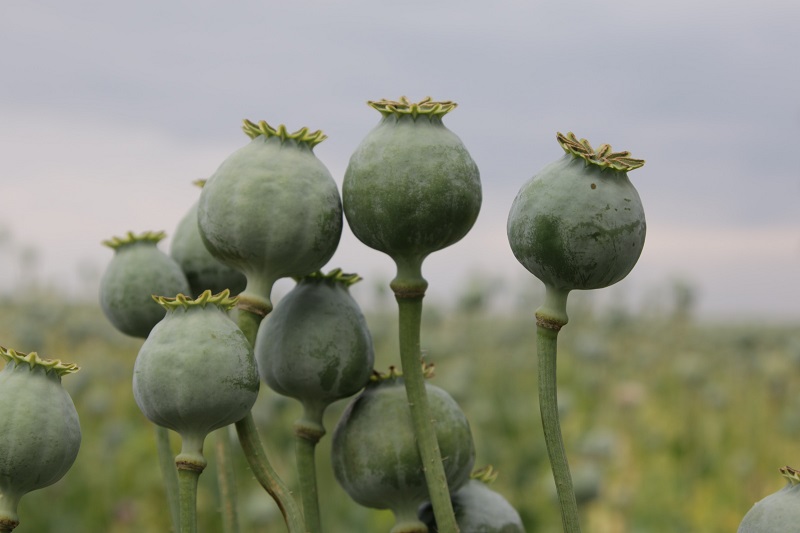
Taliban Ends Opium Economy, Successfully Eradicates Poppy Cultivation in Afghanistan
The Taliban, in its campaign against illicit drug production, has successfully brought the cultivation of opium poppies to a grinding halt. It had similarly found success in the 2000-2001 prohibition of the crop, and has once again done it.
Hibatullah Akhundzada, the supreme leader of the Taliban, attributed the eradication of poppy cultivation in the country to the continued efforts of the Islamic Emirate. In an official announcement, he said farmers are now looking for alternatives. The Taliban leader highlighted that the Afghan youths are now saved from being exposed to harm.
The U.S. special representative for Afghanistan, Thomas West, commended the Taliban. He said the information is credible and important. The diplomat believes every country in the region and beyond will benefit and bear fruits of an Afghanistan free of drugs.
In a report Alcis, a geospatial analytics firm, highlighted that satellite images show an unprecedented drop in the cultivation of opium poppy in Afghanistan. Poppy cultivation in the largest-producing southern provinces is down by about 80 percent. The report said poppy cultivation decreased by more than 99 percent in Helmand province.
Keep Reading
Impact On An Already Struggling Economy
Roza Otunbayeva, the head of U.N. Assistant Mission in Afghanistan, agreed there was evidence that the Taliban’s opium poppy ban had been effectively enforced. She pointed out that the opium economy over the years had helped Afghanis sustain parts of their rural economy. While the move to end poppy cultivation is welcomed as a positive step in the fight against drug trafficking, concerns are being raised about Afghanistan’s already struggling economy.
The opium trade has long been a major source of income for Afghan farmers, providing livelihoods for millions of people. Experts fear a severe blow to the country’s agricultural sector and a subsequent rise in unemployment and poverty. It might lead to an increase in extremism and instability within Afghanistan. With the loss of a significant revenue stream, it is feared that unemployed farmers may become more susceptible to joining extremist groups, or engaging in illegal activities to sustain their livelihoods.
And this could further destabilize the country and worsen the security situation. Experts say it will further stimulate an outflow of refugees and result in more challenges for the Taliban. The ban lacks development strategy, especially with the Afghan economy already so weak. The international community must closely monitor the situation, provide assistance, and work with Afghanistan to ensure a sustainable and secure future.
But the Taliban’s success in eradicating opium cultivation cannot be overlooked, as many countries across the world have long sought to tackle the global drug trade – without success. They can take notes from the Taliban to stamp out their drug problems, respectively, once for all.




